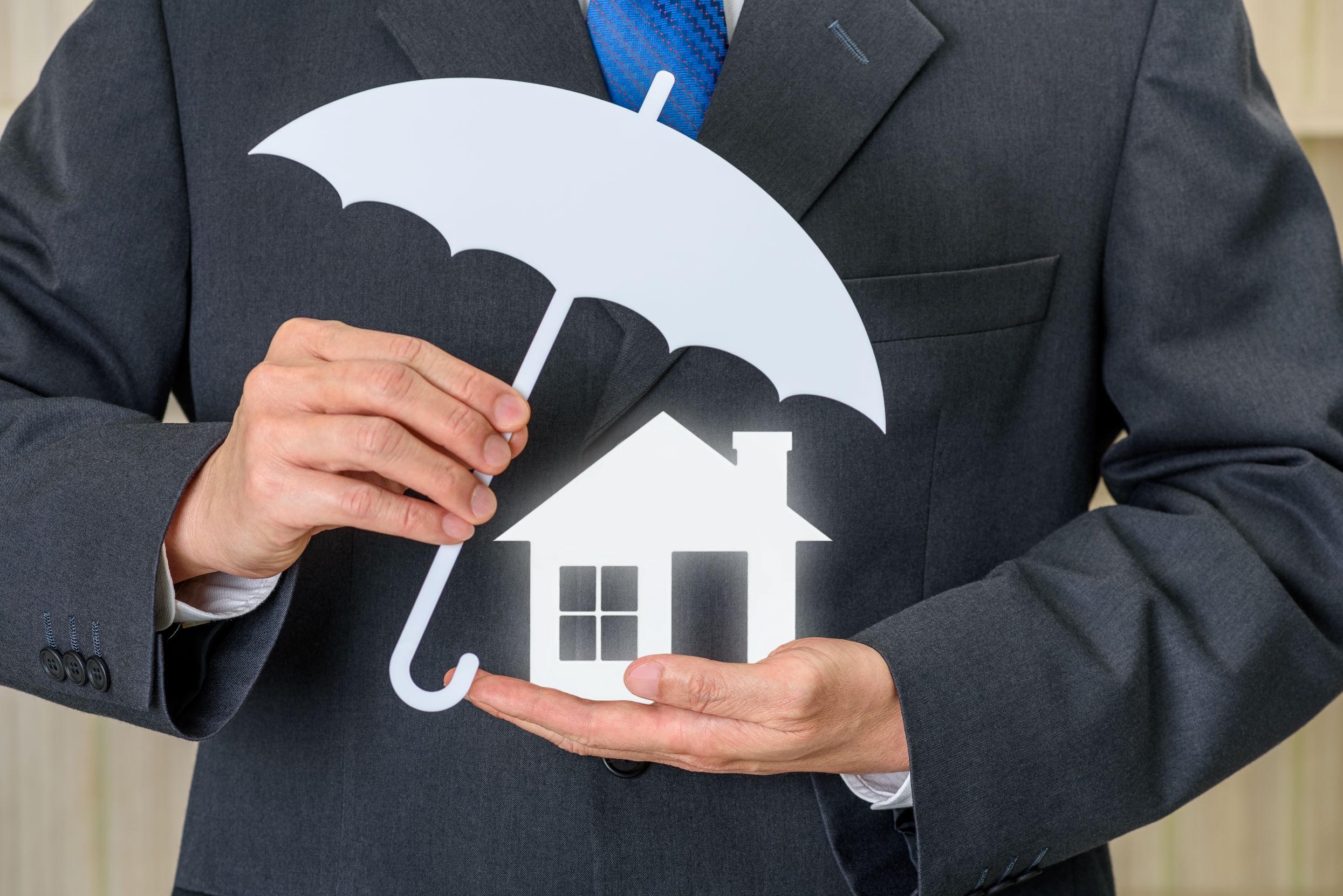- by admin
- November 25, 2023
Tax filing season 2024 is approaching very fast. Your 2023 income tax return filing is going to be due soon, and it needs to be filed by April 30th, 2024. If you are looking into some financial planning and tax planning that can reduce your tax liability, then you may need to be aware of certain other deadlines, and you may need to act now.
In this blog, we will discuss FHSA – First Home Savings Account, a registered savings account. Usually, you contact your bank to open this account.
FHSA was a measure taken by the federal government of Canada, and this program was introduced in 2022 to make it easier for first-time home buyers in Canada. If you know what is RRSP then FSHA is also somewhat similar to RRSP but FHSA you may now have since tax year 2022 in addition to RRSP. At the end of this blog we will also discuss major differences between FHSA and RRSP.
If you want to know more about RRSP, please click here > RRSP
You can invest in your FHSA; the money you invest reduces your taxable income and hence reduces your income tax payable by deducting the amount you have invested in FHSA from your taxable income. After taking the tax advantage, you can also withdraw the amount you have invested in FHSA for the down payment when you are buying your FIRST home in Canada subject to certain other conditions. Any income you earn on your FHSA is also tax-free.
Before we proceed further, please note the following deadlines:
FHSA Contribution deadline – December 31 (Last day of the Tax Year)
RRSP Contribution deadline – March 01 (Within 60 days after the end of the Tax Year)
Let us continue and learn about FHSA.
- FHSA Limit – Every year, you can invest up to $8,000 and the maximum you can invest in all years is $40,000 during your lifelong
- Limit Carryforward – Only One Year. If you did not invest in Year One you can invest $16,000 in Year Two
- Usage – You use this amount invested to purchase your First home in Canada, which should be a qualifying home
- Tax benefit One – The amount invested as per the above limit reduces your taxable income and your income tax payable
- Tax benefit Two – When you make a qualifying withdrawal to purchase a qualifying first home, your withdrawal is tax-free
- Participation Period – You need to buy your first home at the earliest of, by the end of 15th year from the year you invested in FHSA or when you reach the age of 71. Note: you should withdraw any unused amount in FHSA in the year you participated as taxable income or transfer it to your RRSP if you have a room.
- After the Participation Period – If you cannot use the FHSA amount within the participation period, either withdraw it as taxable income or transfer it into your RRSP if you have room in your RRSP.
- Qualifying Home – A housing unit located in Canada
A Qualifying Withdrawal from Your FHSA
If you make a qualifying withdrawal, then it is tax-free.
A Qualifying Withdrawal must meet the following conditions:
- You are a First Time Home Buyer and a resident of Canada
- If you are buying a new construction – the construction must be completed by October 1st of the following year
- If you are buying an already constructed house – You must buy it at least 31 days before making a qualifying withdrawal
- You must intend to occupy the house as your principal residence within One Year
FHSA Vs RRSP
- FHSA was introduced in 2022 to help 1st time home buyers. This is in addition to your RRSP. You can also use your RRSP as a 1st time home buyer.
- First-time home buyer plan using RRSP was introduced since 1992
- When using RRSP for buying your 1st home, you need to repay the amount of RRSP used within 15 years from the date of your purchase. The repayment starts from 2nd
- When you use your FHSA amount to buy your 1st home, your qualifying withdrawal will never be taxable subject to that you follow all the conditions.
- When you use your RRSP amount to buy your 1st home, your withdrawal will be taxable in the future.
Disclaimer: Information in the blog/post/article has been presented for a broad and simple understanding. This is not legal advice. RKB Accounting & Tax Services does not accept any liability for its application in any real situations. You need to contact your accountant or us for further information.
Blogs Canada | Blogs USA


